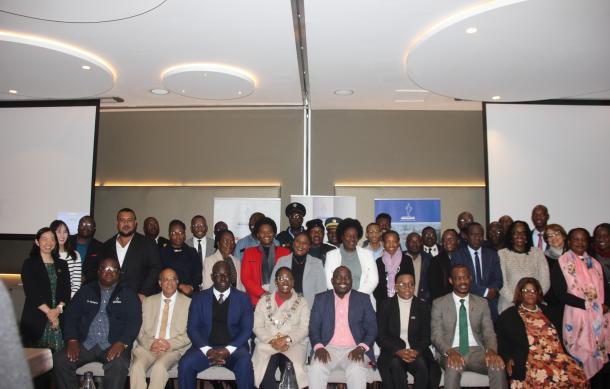
In a bid to enhance urban resilience and mitigate disaster risks, the City of Windhoek and global partners convened a workshop aimed at addressing the pressing challenges posed by climate change and urban expansion.
The event highlights the need for Africa to spearhead dialogues focused on disaster risk reduction.
The City of Windhek CEO, Moses Matjayi, and the Mayor, Queen Kamati, emphasised the significance of proactive measures in disaster risk management and the prioritisation of urban resilience.
Windhoek, a partner and signatory of the United Nations Office for Disaster Risk Reduction (UNDRR), has taken strides in drafting a comprehensive disaster risk reduction strategy.
This initiative aligns with the city's commitment to the Making Cities Resilient 2030 initiative, a global partnership supporting local governments in becoming more climate and disaster resilient.
The head of the UNDRR Global Education and Training Institute, Sanjaya Bhatia, highlighted the importance of these engagements.
The Deputy Country Director of the World Food Programme, Erica Shafuda, who represented the UN resident coordinator, reiterated the UN's commitment to supporting Namibia's capacity-building efforts.
She noted that Namibia is among the few African countries to have reported early warning and preparedness plans, crucial for achieving SDG 11, which focuses on sustainable cities and communities.
Representatives from the high-risk local authorities of Luderitz, Oshakati, Helao Nafidi, and Katima Mulilo participated in the workshop.
The office of the Prime Minister stressed the importance of disaster resilience plans for sustainable development.
This session provides a platform for participants to become familiar with disaster risk reduction and urban resilience strategies for building safer and more resilient communities across Namibia.





